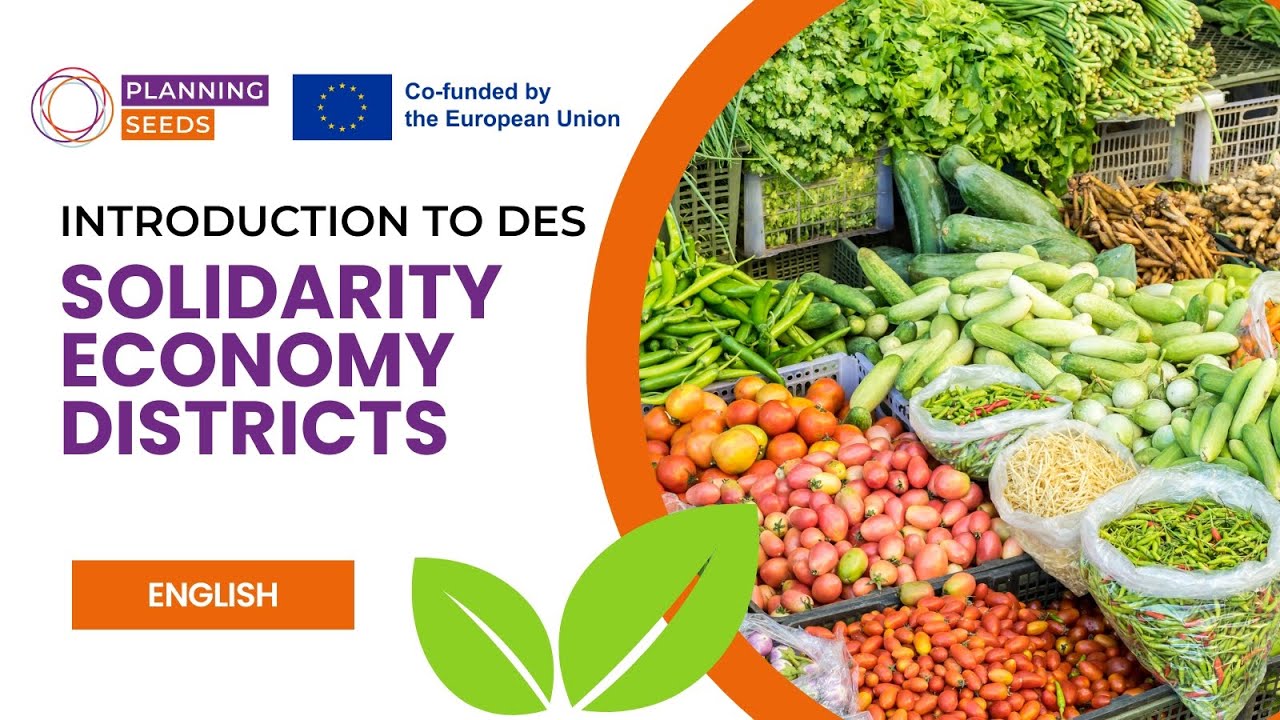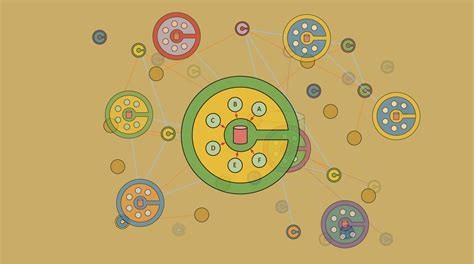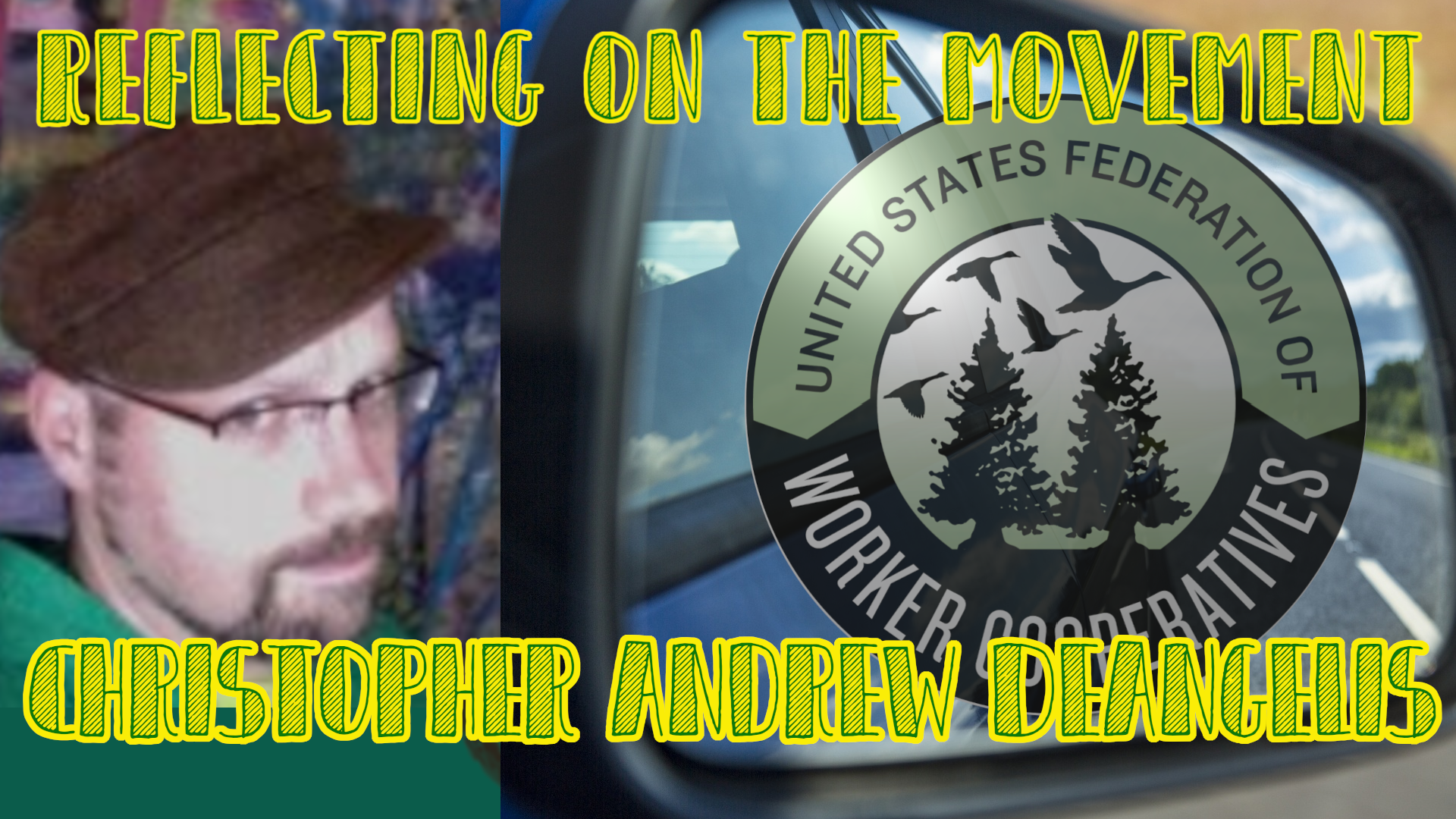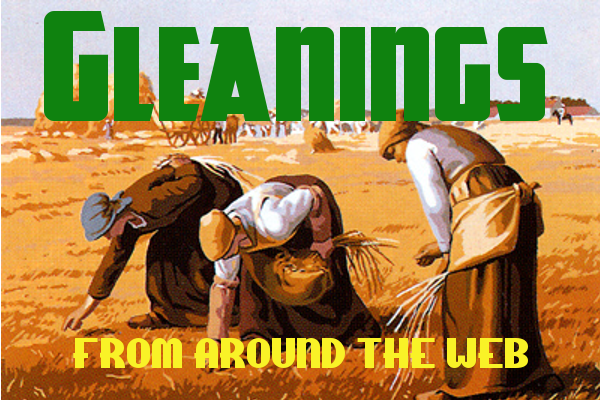This week, representatives from the Verona Solidarity Economy District (DES) share how the movement started, its roots in the Lilliput network in Varese, and how it has grown over the years to become an established reality in the field of solidarity economy
Then, Alex Fink makes the case for data cooperatives working in the nonprofit and social service sectors, where data management and analysis are increasingly important.
Finally, Christopher Andrew DeAngelis shares his thoughts and reflections on the last two decades of development in the worker cooperative movement.
Introduction to DES: Solidarity Economy Districts
by Tamat
Topics covered in the video: -The origins of the DES: The history of the movement, from its early steps taken over 20 years ago thanks to the Lilliput network, to the founding of the DES in Varese and Verona. -The Lilliput network and the G8: How awareness of global dynamics, such as those of the G8, the International Monetary Fund, and the World Bank, influenced the birth of the DES. -The transition from theory to practice: The shift from the motto "Another world is possible" to "Another world is under construction," marking the beginning of concrete and practical initiatives.
The Potential of Data Cooperatives in the Nonprofit and Social Service Sectors
by Alex Fink
I contend that nonprofits present excellent opportunities to grow platform cooperatives. While in general, platform capitalism is well-established and cooperatives in this context work against significant capital and resource inertia, the nonprofit sector is highly uneven in its current participation in capital-driven data systems. Many in the sector see the benefits of having data systems, but resent existing choices as profoundly dissatisfying and even demoralizing for staff and their clients. Nonprofits find themselves forced to buy into the few existing models available because they lack the resources or infrastructure to develop their own.
The Ju/’hoansi protocol
Aeon — Though the small-world life of hunter-gatherers may seem far removed from our own digitalised and global world, the problems of group life have remained fundamentally the same for hundreds of thousands of years. In the face of conflict and polarisation, ancient human groups needed processes that yielded good outcomes. What can we learn from a political form shaped by hundreds of thousands of years of trial and error? By examining how hunter-gatherers achieve consensus, perhaps we can develop better strategies to solve the problems we face today...
Amos Barshad and “The Homeowners’ Rebellion”
ROC USA — Paul and Mike welcome journalist Amos Barshad to this episode of Ownership Matters, following the publication of his article “The Homeowners’ Rebellion” in The Lever. Amos dedicated time and resources to research for this well-written article, going so far as to take a trip to multiple ROCs in Minnesota. Listen in to hear him describe his experience and what he took away from his interactions...
An Introduction to Alternative Models of Housing and Homeownership
Strengthening Cooperative Communities (YouTube) — On July 31st, the Strengthening Cooperative Communities project and the NCBA CLUSA's Cooperative Development Foundation (CDF), hosted a webinar to introduce three shared equity housing models, providing a high-level overview of the benefits of each, the differences between them, and how they can be applied to redress the inequities committed upon historically and currently underserved communities. The webinar also explored how these models can work in agricultural and producer communities across America’s farmlands, and what USDA funds are available to support new and existing projects...
Duralex employees to takeover emblematic glass manufacturer
Glass International — Duralex employees will take over the running of the emblematic French glassmaker after a decision by a court. The Orléans Commercial Court validated a takeover project for the Duralex glassworks on Friday, July 26, 2024, which will save 228 jobs. Among the three takeover offers, the project of the Société Coopérative de Production (SCOP) was validated. The Scop proposal was supported by 60% of staff and led by site management. In a statement the project said: “We are taking our destiny into our own hands and are determined to carry our company, an icon of French industry, in an ambitious transformation project.”...
Developing Worker Co-ops Among Previously Incarcerated People
Association of Cooperative Educators (YouTube) — One of the lessons learned from studying incarcerated worker co-ops is the need for continuity once incarcerated people are released. In the US we do not have any incarcerated worker co-ops but we do have some efforts to educate previously incarcerated people about cooperative businesses, and help to develop co-ops owned by previously incarcerated people and people of color. We will hear from experiences with creating appropriate curricula, manuals, and trainings to start such co-ops; from Mary Sutton with Collective ReMake (Los Angeles), Natalie Kallio with the Centre for the Study of Cooperatives (USask), and Kathleen Atkinson with Annunciation Monastery (Bismarck, ND)...
New on our YouTube Channel
Reddit Q&A #5
Like what you find on GEO?
Make a Donation Today!
Your tax-deductible contribution ensures that GEO can continue to provide independent grassroots content about the cooperative and solidarity economy movements.
Got something to say?
Let us know. Send your comments, suggestions, rants and article submissions to editors@geo.coop.
Follow us on Social Media
Mastodon: social.coop/@GEO_Collective
FB: facebook.com/GrassrootsEconomicOrganizing/
Twitter: twitter.com/@GEO_Collective
Our mailing address is:
Grassroots Economic Organizing
P.O. Box 115
Riverdale MD 20738-0115





